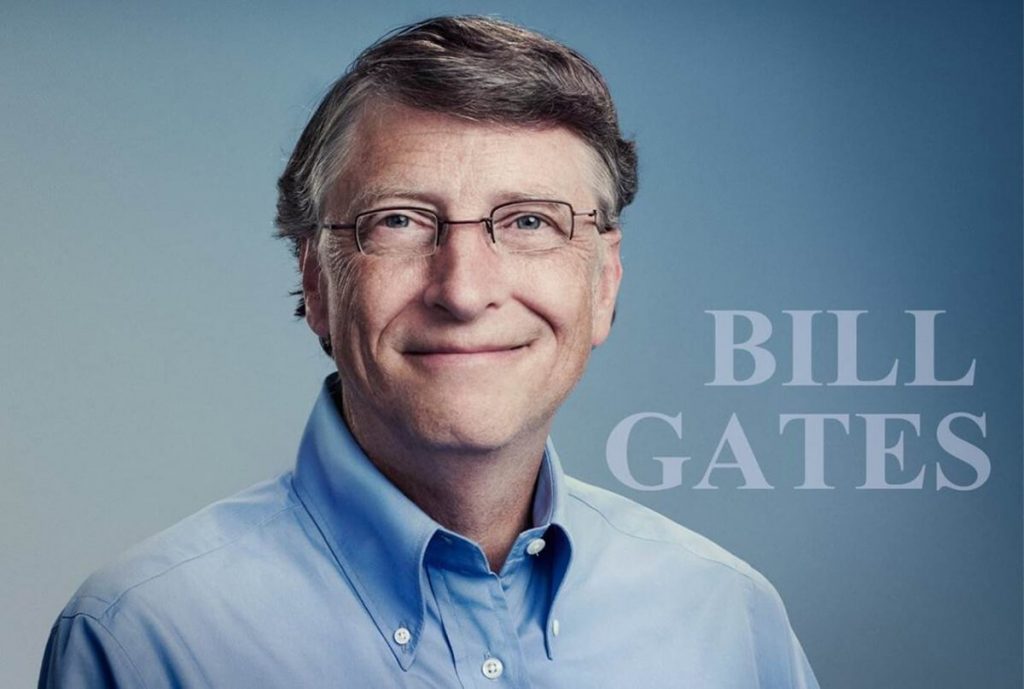The Role of the Free Enterprise System in Bill Gates’ Success
A free enterprise system’s design allows its operations with minimum or no government interference. This concept implies that business owners or rather entrepreneurs can make decisions and act on their own free will without government intrusion (Charlie). Therefore, people presumably make decisions that serve their own best interests and produce products that others will value (Charlie). A free enterprise system means that there is constant competition in the pursuit of profits among multiple firms; therefore, businesses try to meet the market’s demand at an affordable price. By comprehending the market demands, Bill Gates created a company- Microsoft, that thrived by giving consumers what they needed at lower prices. However, the company’s success can be accredited to the United States free enterprise system that allowed Bill Gates to make decisions that best suited his company’s welfares.
In 1976, Bill Gates and his mates developed Microsoft, the very famous software that revolutionized the world of computers. Since its establishment, Microsoft continues to experience prosperity worldwide, as evidenced by its very few competitors. While some may argue that Bill Gates’ success was due to his family’s wealth and influence, the free enterprise system in the United States was the key player in Microsoft’s prosperity (“Bill Gates, entrepreneur”). The free enterprise economy ensured that Bill Gates had little or no trouble with government permissions and regulations when setting up his establishment.
Microsoft’s success makes Billy Gates one of the wealthiest people on earth. Soon after he developed Microsoft, he added another product into the market, the Internet Explorer. Both products became wildly successful that only these two made him a multimillionaire (“Bill Gates, entrepreneur”). He then continued developing other products like the Microsoft Windows in the 90s that was the first of its kind, and then other programs like Excel and Word followed. Through his company, Gates has created thousands of jobs for not only the population of the United States but also the world.
However, Bill Gates did not come from a low-income family. His family was wealthy and renowned, and one could argue that his success came primarily because of his family’s influence. To some degree, the point might be accurate, but the free enterprise system also played a crucial part in both Bill Gates and his family’s success. Additionally, he was skilled and a genius in his field. Furthermore, one can’t dispute that many if not all markets value skilled people more than the non-skilled or those with outdated skills (Charlie). Minimum regulation by the government promotes increased business activities and subsequent profits, as is evident in Bill Gates’ case.
Nonetheless, a free enterprise system does not mean that the government is entirely out of the picture. The government is responsible for warranting law and order in any market by ensuring that parties respect all legal contracts and obligations. Bill Gates succeeded by fulfilling the consumer’s needs at lower prices and beating the competition with minimum government interference. However, the government also played a considerable role in Microsoft’s success as it maintained a conducive and orderly work environment that protected both the company and its customers.







